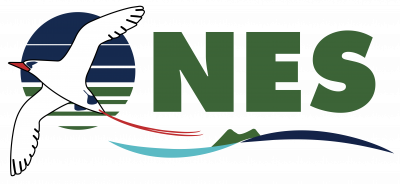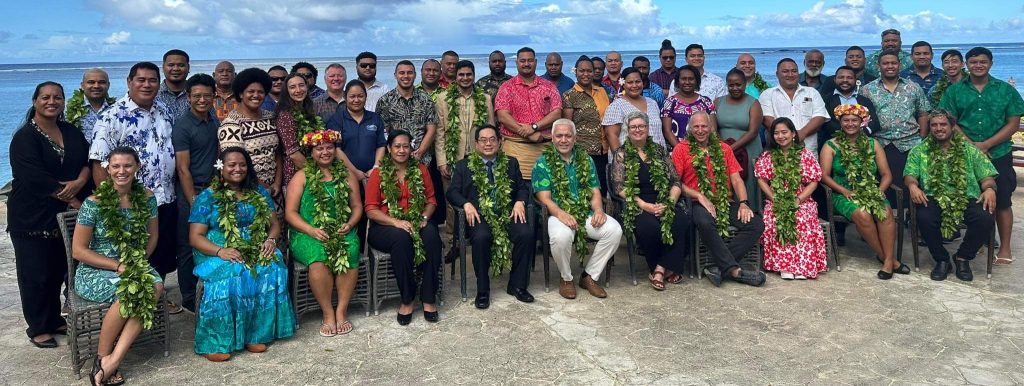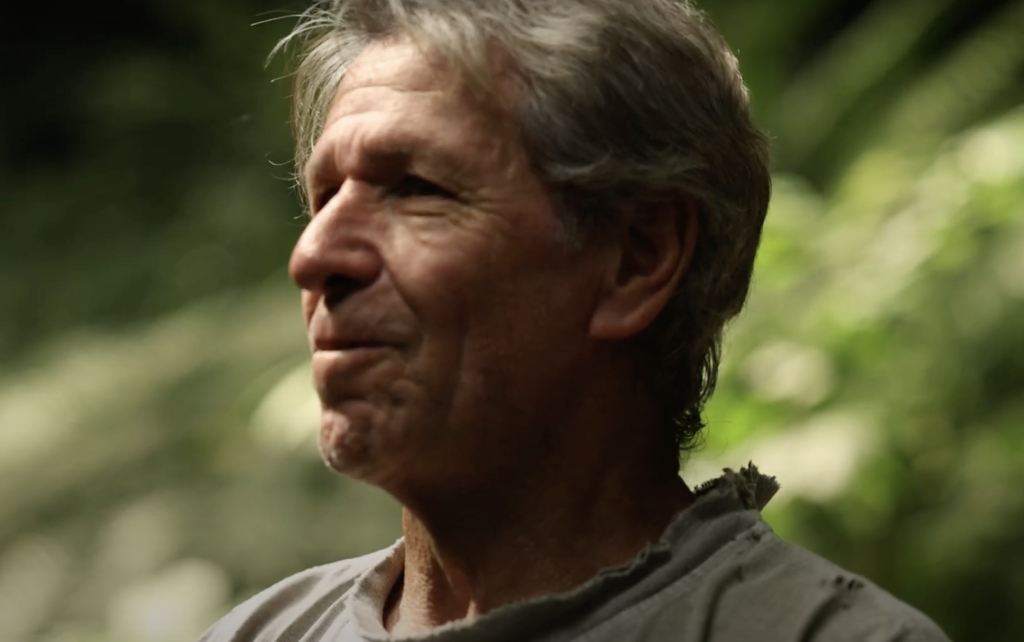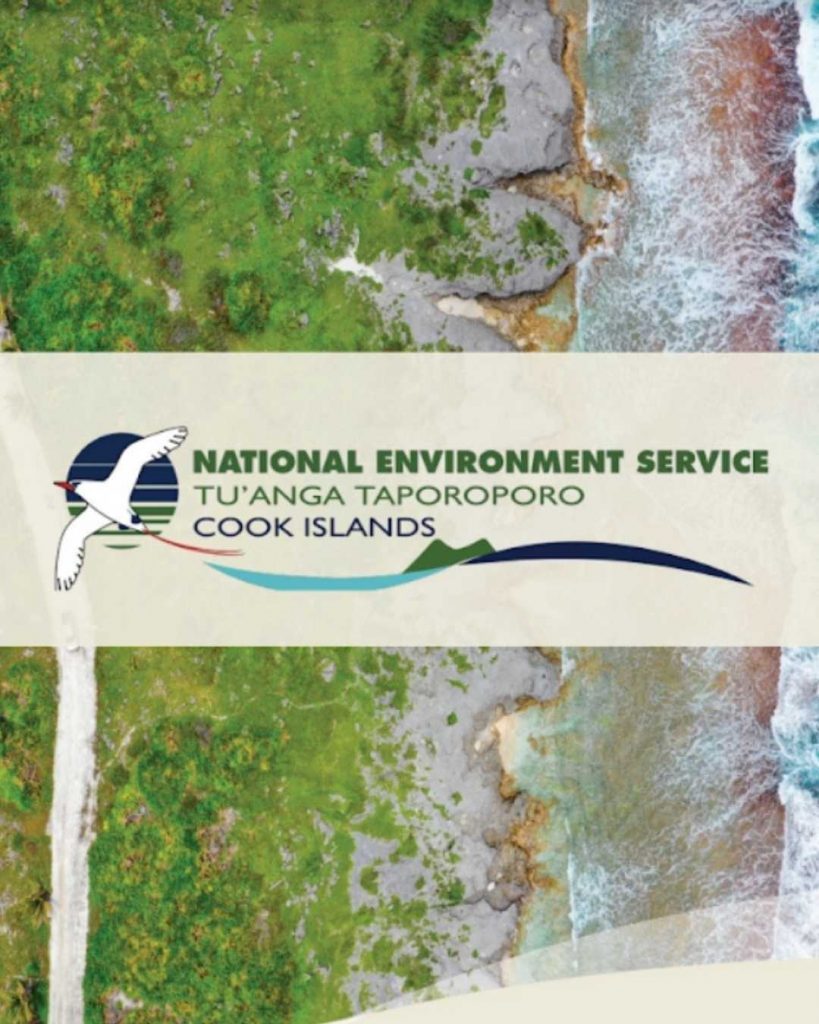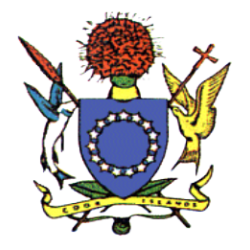The Rarotongan Beach Resort housed the Regional network meetings under the Montreal Protocol on substances that deplete the ozone layer. This was the first time for the Cook Islands to host the meeting with the United Nations Environment Programme (UNEP) team. The National Environment Service, on behalf of the Cook Islands government, was honored to co-host the following regional network meetings:
- Twinning Workshop for Montreal Protocol Officers, Energy-Efficiency Policy Makers, and Financial Mechanisms Focal Points to Support Kigali Amendment Objectives (5-6 February 2024)
- Thematic Meeting on Establishment and Implementation of Competency-based Certification (7-8 February 2024)
- Thematic Workshop on Strategy of Stage I of the Kigali Implementation Plan (KIP) and Integration with the Hydrochlorofluorocarbons Phase-out Management Plan Stage II (9-10 February 2024)
Director of the National Environment Service, Mr Halatoa Fua, opened the meeting on behalf of the Government and people of the Cook Islands addressing the importance of the Montreal Protocol and the work that has been done at international and national level. The delegations of 14 pacific island countries were joined by colleagues from the UNEP, the Multilateral Fund Secretariat of the Montreal Protocol and the Government of Australia.
Discussions held over the 1 week meeting involved, government and private sector representatives from each country had fruitful discussions on how to (1) progress energy efficiency initiatives through the Montreal Protocol work, (2) establish a competency-based vocational course for the Refrigeration and Air-conditioning (RAC) sector and (3) next steps to prepare for the countries Kigali Implementation Plans to manage hydrofluorocarbons.
Moving forward, the Cook Islands look to progress energy and efficiency standards a and develop and a RAC certification program that will better enable the Cook Islands to manage controlled ozone-depleting substances and alternatives which includes greenhouse gas emissions (hydrofluorocarbons) and natural gases.
The NES sincerely thanks the UNEP for co-hosting this meeting in the Cook Islands and extends further thanks and acknowledgement to the Multilateral Fund Secretariat, the Government of Australia and the Pacific Island Country Network for the excellent discussions and collaboration.
